Home » Your 2021/2022 Federal Budget breakdown
On Tuesday 11 May 2021, the Australian Government announced the 2021/2022 Federal Budget.
Business owners eagerly awaited the announcement to hear what changes would impact businesses and what was going to help businesses in the future.
You can view the full Federal Budget on the Budget website or read on for our summary of how the Budget may affect your business.
The temporary full expensing of eligible assets will be extended by 12 months to 30 June 2023.
Eligible businesses with an aggregated turnover or income less than $5 billion will be able to deduct the full cost of eligible depreciating assets acquired from 7:30pm AEDT on 6 October 2020 and first used or installed ready for use by 30 June 2023.
Depreciating assets include items such as:
The temporary loss carry-back offset will be extended by one year to apply for 2022–2023 income year losses.
Eligible corporate tax entities with an aggregated turnover of less than $5 billion will be able to carry back losses from the 2022–23 income year to offset previously taxed profits made in, or after, the 2018–19 income year.
The loss that can be carried back is limited by the amount of earlier taxed profits and cannot generate a franking account deficit.
The employer exemption from superannuation guarantee payments for individuals earning less than $450 in salary or wages in a calendar month will cease from 1 July 2022.
The government plans to remove this threshold entirely, in a bid to improve equity in the superannuation system, as the majority of workers who earn less than this monthly amount are women.
The low and middle income tax offset will be extended for another year into the 2021/2022 financial year.
This means single income earners will continue to see up to $1,080 of tax savings.
If a person is entitled to any offset, it is added to their tax return and they can see the amount on their notice of assessment.
The Boosting Apprenticeship Commencements wage subsidy will be expanded to support businesses and Group Training Organisations that take on new apprentices and trainees.
This measure will uncap the number of eligible places. The duration of the 50 per cent wage subsidy will be increased to 12 months from the date an apprentice or trainee commences with their employer.
The subsidy will now be available from 5 October 2020 to 31 March 2022 and businesses of any size can claim the wage subsidy for new apprentices or trainees who commence during this period.
Eligible businesses will be reimbursed up to 50 per cent of an apprentice or trainee’s wages of up to $7,000 per quarter for 12 months.
The current limitation for individuals claiming self-education expenses, where the first $250 of the deduction is disallowed, will be removed.
This will simplify the tax return process and reduce compliance costs for individuals claiming self-education expense deductions.
While the Federal Government’s aim to secure Australia’s COVID-19 recovery includes some benefits for businesses, it can be difficult to understand how it’s going to affect your business.
If you want help understanding how the 2021/2022 Federal Budget is going to impact your business, get in touch with our team.
We’ll help break down the important aspects of the Budget, how it’s going to change how your business operates and what you can do to keep your finances on track.

The Valorium Advisors business philosophy revolves around more than just the numbers. We look at the bigger picture and understand that starts with you.
ABN 64 277 128 636
© Copyright 2020 | Developed by The Marketing GP | All right reserved.